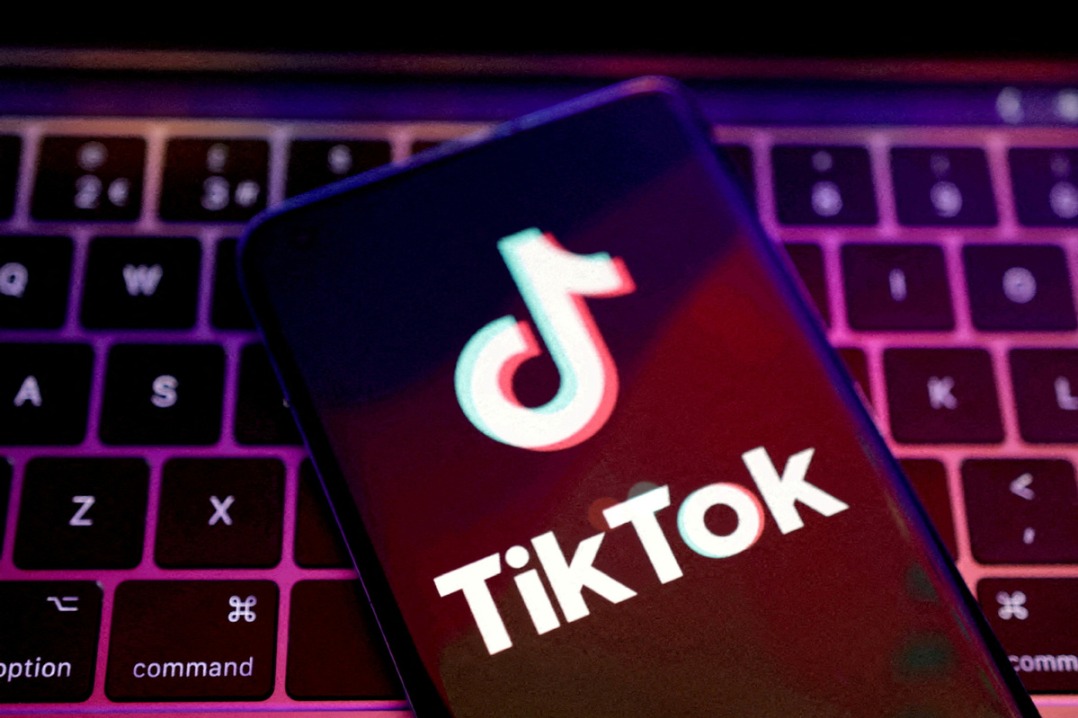Want the real news? Ask a trusty robot

Reuters Institute is out with its sixth annual report exploring how the news business is changing across the globe. They questioned more than 70,000 people in 36 media markets worldwide about how they use the news and for the first time included the Asian markets of Hong Kong, Taiwan, Malaysia and Singapore.
The backdrop is the growing concern over how various platforms can stay afloat and mounting worries about trust and "news about the news, driven by attacks on the US media and widespread concern over 'fake news'," as institute director David A.L. Levy says in the foreword.
While the internet and social media have exacerbated declining trust and a rash of "fake news", equal drivers behind mistrust are "deep-rooted political polarization and perceived mainstream media bias''.
The economics for most media companies remain "extremely difficult", but there are bright spots, in online subscriptions and donations.
All a reminder that "the digital revolution is full of contradictions and exceptions," the report says.
The growth curve for getting news from social media is also starting to flatten out. WhatsApp is giving Facebook a run for its money in places like Malaysia, Brazil and Spain.
Twenty-nine percent said they often avoid the news, either because it puts them in a foul mood or is untrustworthy.
Only 1 in 4 said social media do a decent job of filtering fact from fiction. Users think "a lack of rules" encourages junk and "fake news" to spread wildly.
In Finland, 62 percent of people trust the news. In South Korea, only 23 percent do.
In most countries, the survey found a strong correlation between distrust of the media and perceived political bias, and it's "particularly true" in places with "high levels of political polarization like the United States, Italy and Hungary." Witness the recent election in Italy — is there an echo?
Mobile devices have surpassed computers for news in a number of countries, giving what the report calls "a new lease of life to news apps".
News aggregators like Apple News and Snapchat Discover doubled their usage last year, and smartphones are now as important for news inside the home as outside of it.
The Austrians and Swiss are still the most wedded to print. Germans and Italians prefer TV news bulletins. In Latin America, most get their news via social media and chat apps.
The study says the biggest change has been the growth of news coming via social media like Facebook and Twitter. Without them, fake stories like Pope Francis endorsing Donald Trump or Hillary Clinton selling arms to ISIS would never have grown legs.
The report says that it would be misleading to "overplay the role of social media in Donald Trump's victory", as "a far bigger portion of Americans still get their news from television and online".
A finding that could have editors looking over their shoulders is that more people are getting news through algorithms (searches on social media or websites) rather than through editor-driven email subscriptions and notifications.
"More than half of us (54 percent) prefer paths that use algorithms to select stories rather than editors or journalists (44 percent)," the study found.
There's that trust thing again.
Contact the writer at chrisdavis@chinadailyusa.com































